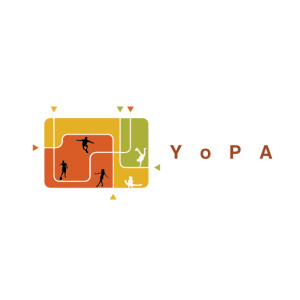 \
&
Contact us
\
&
Contact us
 \
&
Contact us
\
&
Contact us
This part of the programme will look at EU policy objectives related to security (including cybersecurity) and disaster risk reduction and resilience. It will also build on lessons learnt from the COVID-19 situation in terms of how to handle such crises.
This cluster is divided into 6 domains or destinations as they are called in Horizon Europe:
The purpose of the civil security approach is threefold. First, the Commission aims for solutions ready to use in the field. Therefore, security practitioners need to be involved in most project proposals as they are the end-users. A second objective is to produce security innovations in the EU so it becomes less dependent of other parts of the world in this sector. Finally the Commission wants to develop solutions for complex problems that the EU will face in about five years’ time so looking forward to the future is crucial.
In the field of security research it is also important that projects take into account human factors and the societal context, and ensure the respect of fundamental rights (e.g. protection of personal data). Citizens and communities should be engaged as well so as to improve the quality of results and above all to build public trust in the proposed solutions.
The background of all this stems from a vision about how innovation in civil security should evolve over the coming years. The must-read documents in this respect are the Security Union Strategy, the Counter-Terrorism Agenda, the border management and security dimensions of the New Pact on Migration and Asylum, EU Disaster Risk Reduction policies, the EU Climate Adaptation Strategy, the EU Maritime Security Strategy and the EU Cybersecurity Strategy.

fernanda.werneck@vlaio.be
+32 2 550 15 65
Security Digital, Industry & Space Cybersecurity Defence
If your organisation is focused on cybersecurity, you know there’s no time to waste in getting projects up and running. While we await the official publication of the Horizon Europe and Digital Europe 2025 work programmes, here you can find a selection of open cascade calls that could be relevant to your business: CyberSecDome Open Ca... read more
Security Digital, Industry & Space Digital Europe Cybersecurity Defence
Security Digital Europe Cybersecurity Defence EDF
Security AI, data & cloud Cybersecurity Defence EDF
Infosheets contain edited content on aspects related to this programme. They are reviewed at least yearly.
Related links are easy pointers towards external information. We curate the list, but are not liable for the destinations.
Documents contain additional information related to this programme, and are similar to related links.

The YoPA project, ‘a youth-centred preventive action approach towards co-created implementation of socially and physically activating environmental interventions’ obtained funding from Horizon Europe’s Health Cluster. The project addresses the multifaceted challenges of physical inactivity and health inequalities through a unique participatory approach. The project places teenagers between 12 and 18 years old in vulnerable situations at the forefront of the intervention process. The Institute of Tropical Medicine is a partner in the project and will conduct a Realist Evaluation to understand how youth co-creation contributes to improved adolescent health and well-being in four cities in Denmark, Netherlands, Nigeria and South Africa. By integrating its results and sharing its approach in an open access Toolbox, ITM aims to contribute to fostering sustainable, youth-led solutions for healthier urban environments.